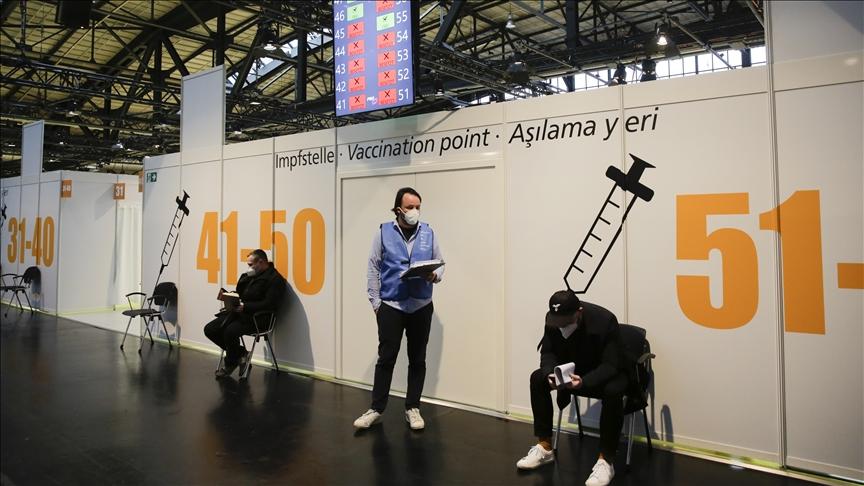Africa-Press – Kenya. The World Health Organization (WHO) has updated its COVID-19 vaccination recommendations, saying healthy children and adolescents may not necessarily need a vaccine, while the elderly and at-risk groups should receive an additional booster dose six to 12 months after their last dose.
The update came on Tuesday after WHO’s Strategic Advisory Group of Experts on Immunization (SAGE) meeting on March 20-23.
They revised the roadmap for prioritizing the use of COVID-19 vaccines, to reflect the impact of the omicron strain and high population-level immunity due to infection and vaccination, WHO said in a statement.
It outlines three priority-use groups for COVID-19 vaccination: high, medium, and low.
The high-priority group includes older adults, younger adults with significant comorbidities, people with immunocompromising conditions — including children aged 6 months and older — pregnant persons, and frontline health workers, according to the statement.
For those groups, SAGE recommends an additional booster six to 12 months after the last dose.
The medium-priority group includes healthy adults — usually under the age of 50-60 — it said, and added that the recommendation for them is primary series and first booster doses.
“Although additional boosters are safe for this group, SAGE does not routinely recommend them, given the comparatively low public health returns,” it said.
Regarding the low-priority group, which includes healthy children and adolescents aged 6 months to 17 years, it said: “Primary and booster doses are safe and effective in children and adolescents. However, considering the low burden of disease, SAGE urges countries considering vaccination of this age group to base their decisions on contextual factors, such as the disease burden, cost-effectiveness, and other health or programmatic priorities and opportunity costs.”
“Countries should consider their specific context in deciding whether to continue vaccinating low risk groups, like healthy children and adolescents, while not compromising the routine vaccines that are so crucial for the health and well-being of this age group,” SAGE chair Dr. Hanna Nohynek said.
For More News And Analysis About Kenya Follow Africa-Press






